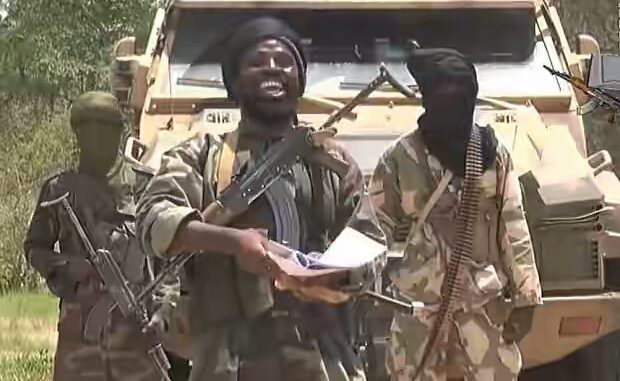
The Council of Ministers of defence of the Lake Chad Basin Commission (LCBC) and the Republic of Benin have adopted a new plan “to completely eradicate” the Boko Haram terrorist group in the region.
The draft document prepared by military experts, chiefs of defence staff and heads of intelligence and security services of the LCBC was validated in Yaounde on Thursday, though the content was not made public.
Cameroon Defence Minister, Joseph Beti Assomo said the meeting has brought them closer to their “common strategic objective; the complete eradication of Boko Haram.”
The Yaounde meeting also focused on assessing the security and humanitarian situation of the region and preparing for post-conflict stabilisation and rehabilitation of the areas affected by the Boko Haram militants.
Boko Haram launched its insurgency in 2009 aiming to create an Islamic state in northeastern Nigeria, but has spread its mutiny to countries of the Lake Chad Basin – Cameroon, Chad, Niger and Nigeria.
An 8,700-man regional Multinational Joint Task Force (MNJTF) comprising troops from the four countries has been fighting to bring the terrosrist group to its knees since 2015.
The executive secretary of the LCBC, Sanusi Imran Abdullahi said thanks to the efforts of the force, Boko Haram has been weakened.
He announced that a new commander has been appointed to head the force.
Despite strides recorded, experts say it will take a while to eradicate the threats posed by the terror group in the region.
The outgoing commander of the MNJTF Nigerian-born Major Gen. Lamidi Adeosun said Boko Haram has been defeated militarily but it was “a little more difficult” to completely eradicate terrorism.
General Adeosun will hand over the baton to his fellow Nigerian, Major Gen. Lucky Irabor later this month in the Chadian capital, N’Djamena.
According to Crisis Watch, a monthly bulletin of the International Crisis Group that provides updates on conflicts around the world, the month of June was bloody in the region.
In Cameroon, Boko Haram ramped up attacks in the Far North region against civilians and security forces with 18 suicide bombings recorded, and at least 22 people including civilians and soldiers killed.
Source: Africa Review











